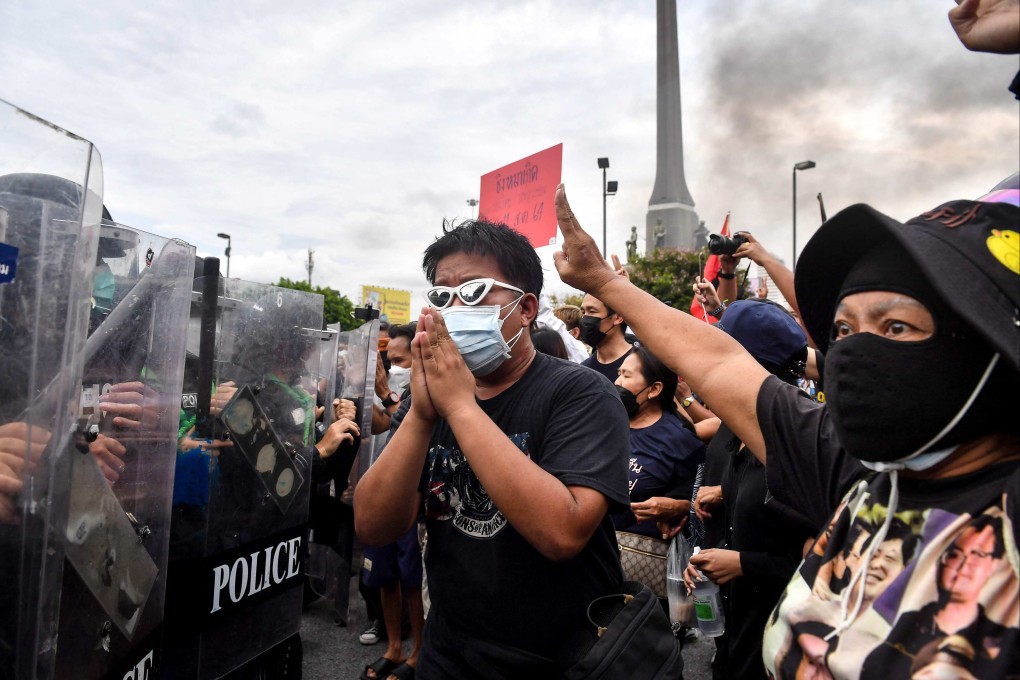Opinion | Covid-19 and climate crises have sparked an outcry for social justice. Will leaders take heed?
- The lack of effective leadership to deal with the pandemic and global warming has irreversibly changed how most people view politics and business – witness America’s ‘Great Resignation’ and China’s ‘lying flat’ movement

A parallel can be drawn to the world’s collective failure in handling the Covid-19 pandemic. An important takeaway is that the absence of leadership and social justice is a guaranteed path to destruction.
Similarly, climate-change-related deaths are estimated to top 150,000 annually, according to the WHO. Poor leadership has played a massive role, and a lack of prioritisation of social justice – the fair distribution of wealth, opportunities and privileges – has fanned the divisions that obstruct the resolution of these grave challenges.
Many people living in democratic systems with leadership elections every few years may believe that bad leaders are the staple in authoritarian systems. But we may have jumped to that conclusion too quickly; the reality is that both systems can greatly disappoint if we do not have the right leaders, which is often the case.

